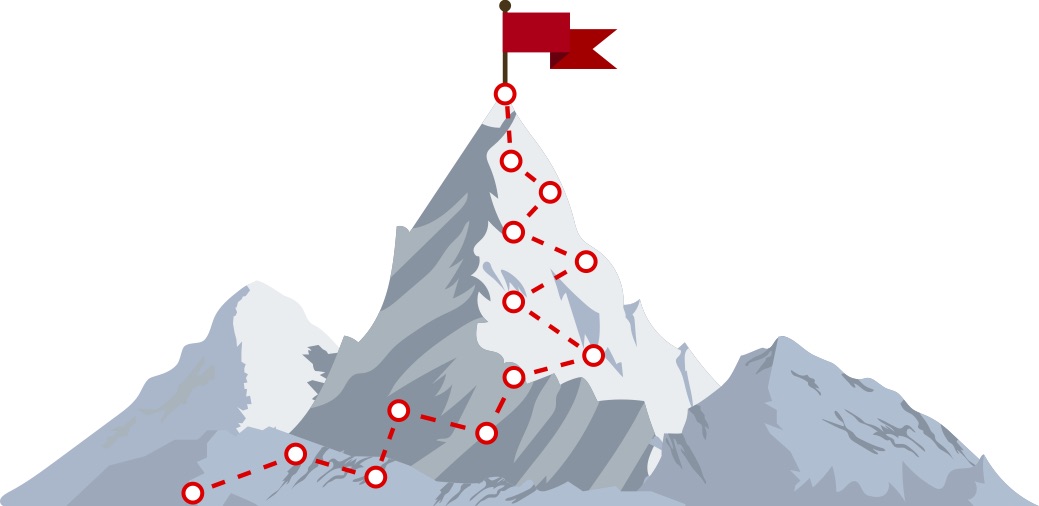- Imprimer
- Partager
- Partager sur Facebook
- Partager sur X
- Partager sur LinkedIn
Soutenance
Le 4 octobre 2018

Changement climatique et migrations humaines au Sénégal : une approche en termes de vulnérabilité du système socio-écologique
- Mr. Chanteau Jean-Pierre (Directeur de thèse), Maître de conférences, Université Grenoble-Alpes
- Mme Gubert Flore (Rapporteur), Directeur de recherche Ird, Umr Dial et professeur associée à Paris school of economics (Pse)
- Mme Froger Géraldine (Rapporteur), Professeur, Université Toulouse 2 Jean Jaurès
- Mr Piguet Étienne (Examinateur), Professeur, Université de Neuchâtel
- Mr Renou Yvan (CoDirecteur de thèse), Maître de conférences, Université Grenoble-Alpes
- Mr M'BAYE Ahmadou Aly (CoDirecteur de thèse), Professeur, Université Cheikh Anta-Diop de Dakar (Ucad)
Résumé : le changement climatique et les migrations humaines constituent deux problématiques majeures de notre époque. Et, partant du constat d’une connaissance fragmentée entre maximalistes et minimalistes, qui s’est traduite par une capacité limitée de la recherche scientifique à prendre en compte les interactions complexes entre le climat et les migrations humaines, cette thèse propose, à travers une approche renouvelée (celle de la vulnérabilité du système socio-écologique), une meilleure compréhension et explication des relations climat- migrations. Elle cherche à répondre à deux objectifs. D’une part, produire des connaissances nouvelles en nous appropriant de façon sélective et ordonnée les apports empiriques produits par les approches précédentes. Et, d’autre part, par une analyse instrumentée des interactions mises en évidence, générer des informations chiffrées pertinentes permettant un ciblage plus efficace des politiques. Cette thèse insiste en premier lieu sur une certaine difficulté à mettre en évidence une relation robuste entre changement climatique et migrations à l’échelle Sahélienne. Contrairement aux idées reçues sur l’image type du « migrant/réfugié climatique » sahélien véhiculée par les médias et reprise, sans un recul critique, dans la littérature grise et certaines études scientifiques, la région, souvent vue et analysée comme une entité relativement homogène, présente de fortes hétérogénéités spatiales physico-climatiques, outre celles socio-économiques. Et, ces dernières ne permettent pas une compréhension des migrations, une des expressions des transformations sociétales. Il convient de repenser la problématique sur des échelles plus homogènes (Sénégal des zones agro-écologiques et régions administratives). Nos résultats montrent un effet climatique accélérateur/amplificateur des migrations interrégionales sous-jacent aux conditions de vie des populations. Généralement, le climat ne suffit pas, à lui seul, à « produire » des migrations. Il transite par les variables socio-économiques (vulnérabilité initiale). Ce qui nous a amené à retenir l’appellation de « migrants éco-climatiques ». Ainsi, les politiques devraient aller à la fois vers : (i) des questions de développement en réduisant des vulnérabilités socio-économiques (pauvreté et inégalités) en agissant sur l’environnement d’action et les acteurs respectivement de manière cohérente et extensive ; mais, également, (ii) des questions d’économie du climat par la réduction de la vulnérabilité physico-climatique à travers des politiques d’atténuation et d’adaptation du milieu et des populations face au changement climatique.
Summary : Climate change and human migration are two major issues of our time. Starting from the observation of a dichotomous knowledge between maximalists and minimalists, which results in a limited capacity of scientific research to take into account the dynamic and complex interactions between climate and human migrations, this thesis proposes a better understanding and explanation of the climate-migration relations through a renewed and integrative approach (the vulnerability of the socio-ecological system). It aims to fulfill two objectives. On the one hand, to produce new knowledges those take into accounts socio-ecological interactions and feedbacks at different spatial and temporal scales and, on the other hand, to propose a quantified instrumentation of these social-ecological interactions and feedback. This contribution could serve as a starting point for a decision-making tool to evolve towards more targeted and effective policies. This thesis emphasizes a certain difficulty in highlighting a robust relationship between climate change and migration in the Sahel region. This latter, often seen as a relatively homogeneous entity, presents complex socio-economic and physical-climatic spatial heterogeneities that do not allow a stronger understanding of migratory movements which are in change since the 1970s. For this purpose, a reduced complexity model, based both on a partitioning of the study area (Senegal) and a partitioning of data (agro-ecological zones and regions of Senegal), is mobilized as a framework for the analysis of social-ecological migrations in terms of vulnerability induced by climate change. Thus, the innovative heuristic framework built (knowledge model with a sequencing of variables) has made it possible to instrument the climate-migration relationships within Senegal. Our results show an accelerating/amplifying climatic effect of interregional migrations underlying the living conditions of populations. In general, climate alone is not sufficient to "produce" migration. The climatic effects channel through the socio-economic variables (initial vulnerability). Under these results, we retained in fine the name of "eco-climatic migrants". Thus, policies relating to eco-climatic migration in this western part of the Sahel should move towards both: (i) development issues by reducing socio-economic vulnerabilities (poverty and inequality) by acting on the environment and the populations consistently and extensively respectively; and (ii) climate economics issues by reducing the physical-climatic vulnerability through appropriate mitigating and adapting policies to face climate change.
Date
12h30
Localisation
Salle 110
- Imprimer
- Partager
- Partager sur Facebook
- Partager sur X
- Partager sur LinkedIn